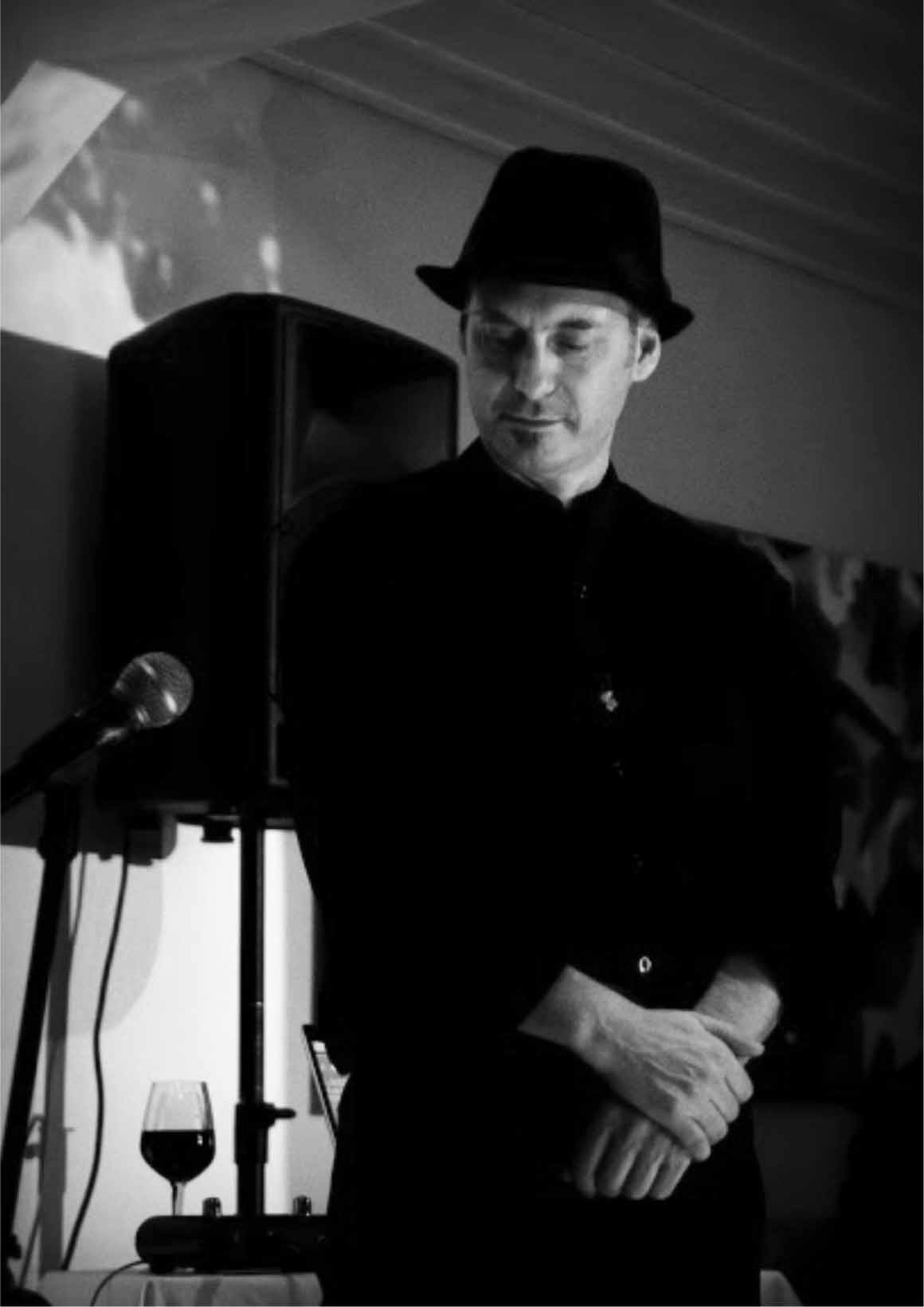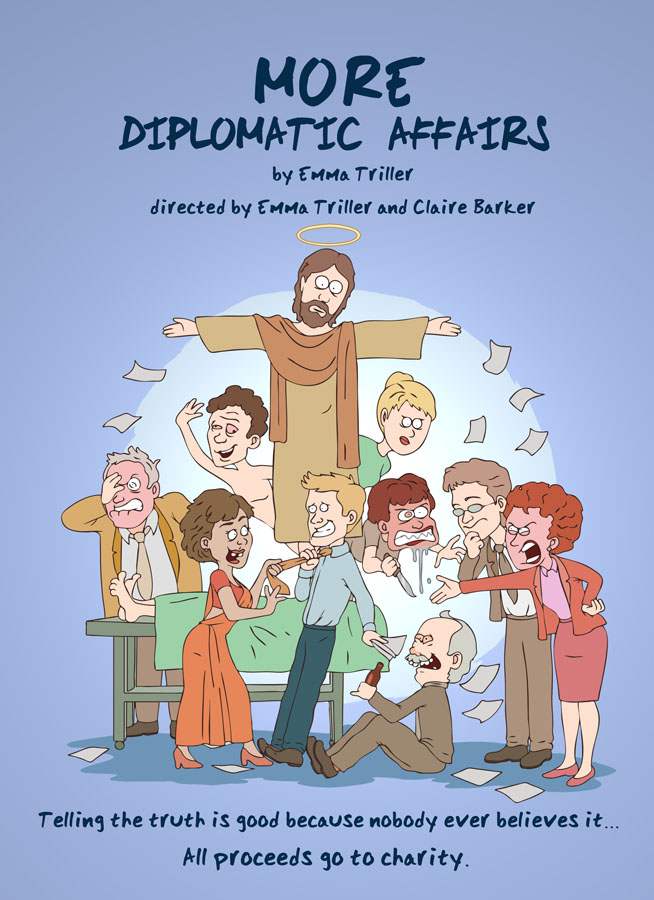If prose is written or spoken language in ordinary form, without metrical structure, and painting is an expression of a moment, a memory, an emotion, then poetry is the bastard child of the two. It maintains the emotion of each, but displays it in a very different way. Novelists spend hundreds of pages trying to describe a situation; poets do it in one. Painters present a captured moment; poets paint it in front of your eyes.
Gustave Flaubert once said: “Everything one invents is true, you may be perfectly sure of that. Poetry is as precise as geometry.” Despite Flaubert’s nationality (French), I’m inclined to agree. A book of poetry is like viewing a collection of paintings: worst-case scenario, you appreciate the effort; best-case scenario, they touch you somehow. They make you feel something familiar, perhaps something you’ve forgotten or something you want to forget. You connect with them. Poetry is like a memory asking shadows to dance and in Scott Bywater’s most recent collection of poetry, they do.
Scott is best known around town for his snazzy hat, solo act and the seven-something bands he’s in. His newest collection of poetry, Presence: Volume 3, is self-published. Scott’s a formerly recovering poet who fell off the wagon. “I wrote poetry a lot when I was in high school and then in my early 20s then gave it up altogether. Music as well, actually. The music came back in my late 30s; the poetry not until about two and a half years ago, when I turned 44. I was always a little inspired by the line from a poet called Joel Oppenheimer: ‘If you’re a poet at 20, it’s because you’re 20; if you’re a poet at 40, it’s because you’re a poet.’ Is that a self-fulfilling prophecy?”
All the poems in Presence: Volume 3 were written between January and September of this year. Many were also used in WASH, an eclectic group of four sound wizards for whom Scott provides the spoken word. All of them hang with the weight of living as an expat in Cambodia and have an accent you’ll find very familiar.
As Yevgeny Yevtushenko notes, “A poet’s autobiography is his poetry. Anything else is just a footnote.” Despite his nationality (Russian), I’m inclined to agree.
WHO: Scott Bywater
WHAT: Presence: Volume 3 poetry reading & book launch
WHERE: Baitong, #7 Street 360
WHEN: 7:30pm November 7
WHY: “Art is the lie that enables us to realise the truth” –Pablo Picasso

